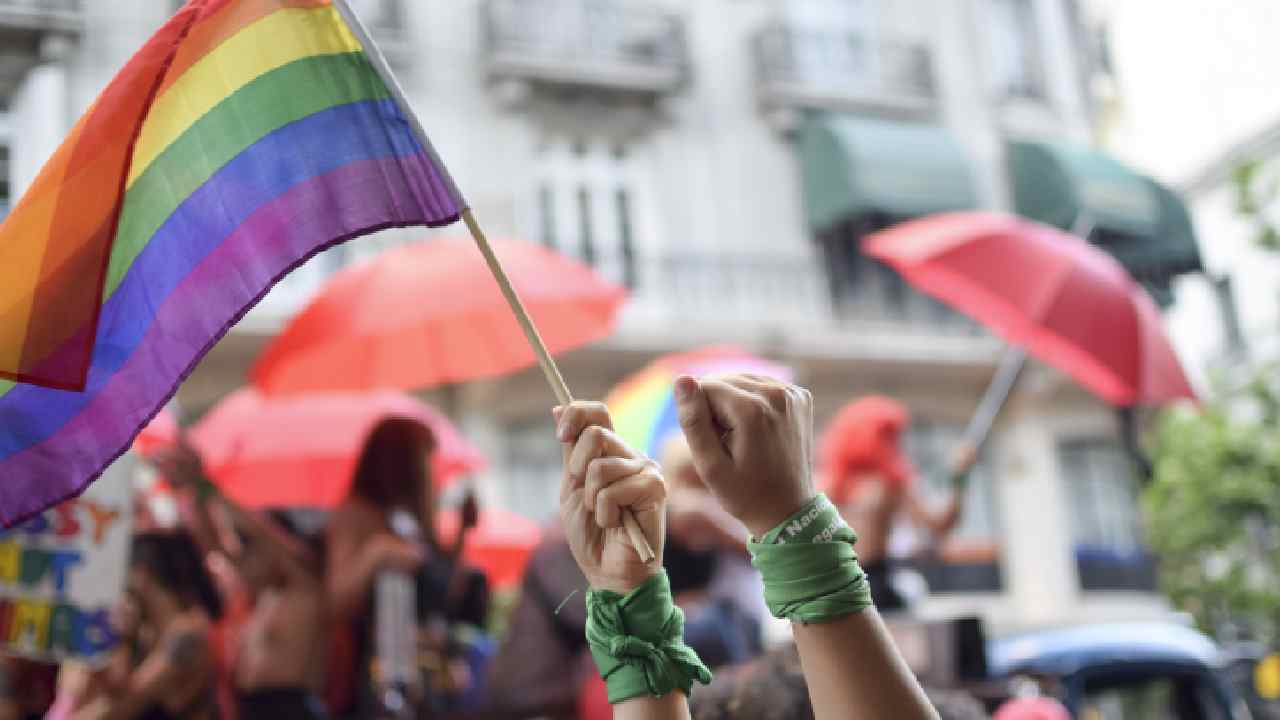According to the United Nations Population Fund (UNFPA), more than a third of all countries still criminalise same-sex relations. LGBTQI+ people are denied legal protections, essential health care, civil and human rights, including the right to bodily autonomy when forced to undergo unnecessary medical treatment or surgery, the agency adds.
This year’s theme, Our Bodies. Our Lives. Our Rights, aims at reminding us that everyone has the right to develop fully by exercising their bodily autonomy because it is on this right that other human rights are based.
Michelle Bachelet, United Nations High Commissioner for Human Rights, underlined that “LGBTIQ+ people are entitled to equality in terms of having their dignity respected and in terms of respecting, protecting and fulfilling their fundamental human rights, like everyone else”.
Raising concerns about continued harassment of LGBTIQ+ human rights defenders, discriminatory restrictions on freedom of expression, association and peaceful assembly, and proposed new discriminatory measures in a number of countries, including some that specifically target trans people, Bachelet urged states to act urgently to do more to protect their rights.
UN Women added its voice to the call, in solidarity with “all people of diverse sexual orientations, gender identities, gender expressions and sex characteristics”.
Armed conflicts and the continued impacts of the COVID-19 pandemic and climate change have further fueled injustices.
“Over the past year, an increasing number of laws and policies have criminalized and stigmatized gender diversity. For LGBTIQ+ people who are low-income, young, disabled, Black, Indigenous or of colour, such threats to bodily autonomy are experienced in conjunction with other forms of discrimination and marginalization,” UN Women said in a statement.
According to recent data, around two billion people live in environments where LGBTIQ+ people are treated like criminals.
Only a third of countries protect people against discrimination based on sexual orientation; only a tenth protects trans people from discrimination based on gender identity, and less than one in 20 protects intersex people from discrimination.


























